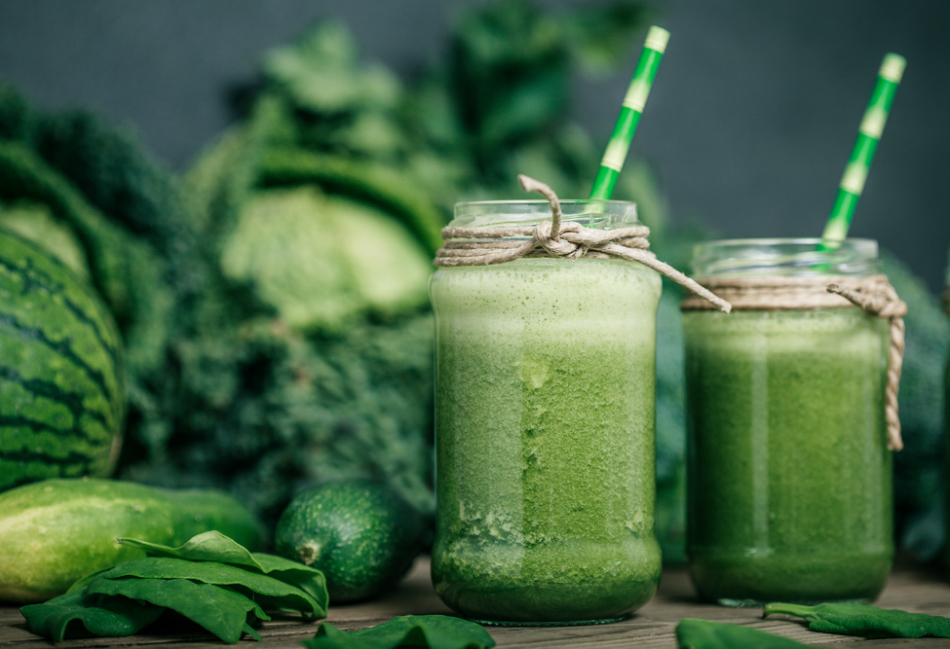Download Free Vegan Starter Kit -
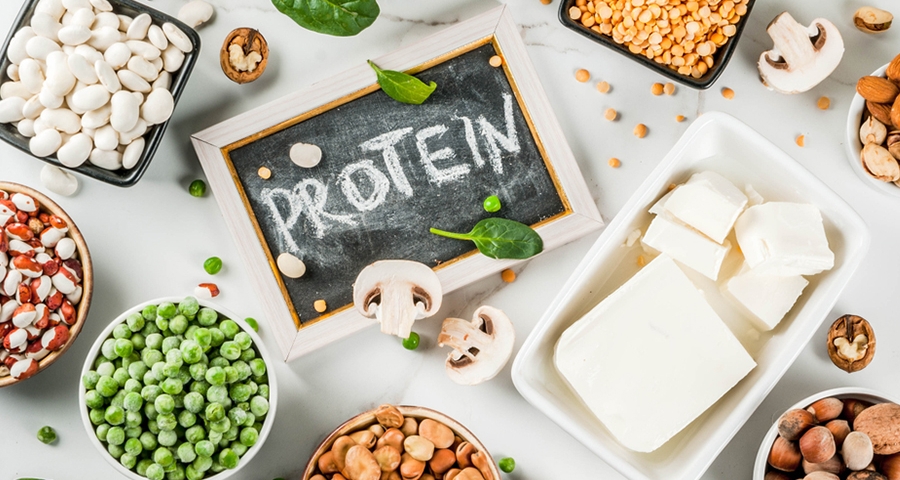
Best Vegan Sources For Protein
So, you’re new to a plant-based diet or perhaps at a crossroad contemplating a lifestyle shift for the better and you - like many others who came before you and many others who will come after - are wondering what your best sources for protein are. Well, buckle up. Because once you are through this article, you’ll be on your way to stocking your pantry up with supercharged plant-based sources of protein. Let’s get started!
Seitan
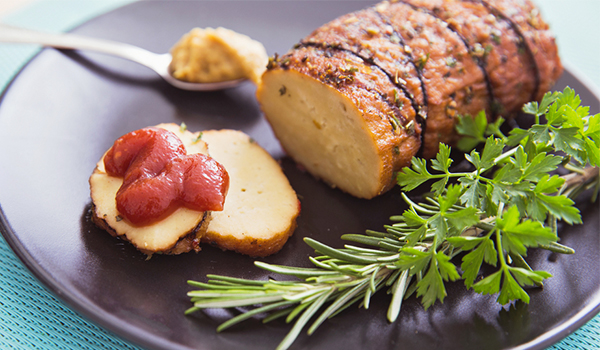
Seitan, a popular protein source, is made from gluten and upon cooking resembles the look and texture of meat. It’s one of the richest plant-protein sources providing 25 grams of protein per 100 grams. In addition, it contains small amounts of iron, calcium and phosphorus. Seitan is a versatile ingredient as it can be had grilled, sautéed or even pan-fried to include in various recipes. However, people suffering from Celiac disease or gluten sensitivity should avoid it.
Soy Products
Soybeans are primarily composed of protein, although contain good amounts of carbs and fat. The protein content ranges from 36% to 56% of the dry weight. One cup of cooked soybeans gives you 28.6 grams of protein. Soy products like tofu, tempeh, and edamame are a few of the richest sources of protein for a vegetarian and vegan diet with 8-18 grams of protein per serving, while milk made from soy is a great plant-based alternative to dairy milk in terms of protein content.
Hemp
.jpg)
If the idea of elevated estrogen levels from soy consumption scares you, then hemp is your next best bet. Hemp is a high-quality vegan protein, and exceptionally rich in Omega 3, Omega 6, and essential amino acids. Hemp seeds are at their nutritional best when taken raw and 1 tablespoon of raw hemp seeds contain about 10 grams of protein. Hemp powder, however, when compared with pea protein or soy powder has less protein value but is an ideal choice for those who prefer a less processed or refined source of protein. Hemp milk is another dairy-free substitute for milk and can be used in a variety of green smoothies.
Beans, Lentils & Legumes

Beans and lentils are the some of the most underrated and cheapest sources of vegan protein out there, although they contain high amounts of carbs as well. One cup of cooked beans gives you roughly 12-14 grams of protein while one cup of cooked lentils gives you about 18 grams of protein. Below are some of the most common options that you can easily seek in India:
- Chickpeas: 14.5 gms per cup
- Lentils: 17.9 gms per cup
- Peas: 8.2 gms per cup
- Kidney beans: 13.4 gms per cup
- Cooked black beans: 15.2 gms per cup
- Peanuts: 17.3 grams per half-cup
Whole Grains & Pseudograins

Whole grains are a widely available source of protein and are available in gluten-free options as well. Kamut is a variety of wheat gaining increasing popularity as a substitute for wheat as it contains 40% more protein. One cup of cooked kamut gives 11 grams of protein. However, the grain does contain gluten.
Millets are gluten-free grains and a good source of protein and fibre. Its mild flavour allows it to be made both savoury with some veggies and seasonings or sweet, like a bowl of oatmeal topped with fruit and nuts. One cup of cooked millet gives you about 6 grams of protein. Some millets that are easily available in India are foxtail millet, pearl millet, finger millet, barnyard millet, kodo Millet, little millet, sorghum, and proso millet.
Amaranth and quinoa are gluten-free grains and provide 8-9 grams of protein per cup when cooked. What sets them apart is the fact that they offer complete protein, meaning they contain all the 9 amino acid profiles that our body needs to outsource. Some other gluten-free options that contain 6-7 grams of protein per cup when cooked are buckwheat and wild rice.
Vegetables & Fruits

Mushrooms are one of the richest sources of protein when it comes to vegetables. And avocados, which are technically fruits, offer something between 4 grams of protein per avocado. While this may not seem like much, avocado protein does contain all the nine essential amino acids in addition to Omega-3 fatty acids.
Nuts & Seeds
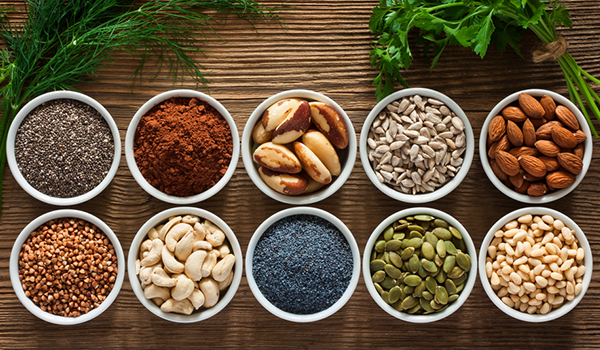
Nuts, especially peanuts and pine nuts, are great sources of protein. Some other nuts include almonds, walnuts, pecans, pistachios, and cashews. A mix of chopped nuts can be sprinkled on anything from vegan oatmeal, yoghurt and salad or be used for dressings.
Seeds like pumpkin, sesame and sunflower seeds are good sources of protein and can be sprinkled alongside nuts on various breakfast foods. Seed butter makes for a healthy, nutrient and protein-rich spread and can be used in combination with nut butter.
AUTHOR

trending
Be a Vegan First Informer
Send us buzzworthy news and updates
Explore
Contact Us
About Us
Stay Connected
Copyright ⓒ 2017-2023. VEGAN PASSION PRIVATE LIMITED. All Rights reserved.
For more information, please write to hello@veganfirst.com
Registered Office Address: 55, 2nd floor, lane 2, Westend Marg, Saidullajab, Near Saket Metro Station, New Delhi, Gadaipur, New Delhi South West Delhi, DL

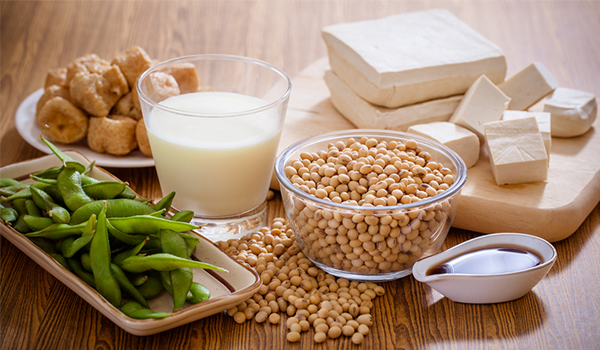
2.png)

.png)

.png)
2.png)
2.png)
2.png)


1.png)





